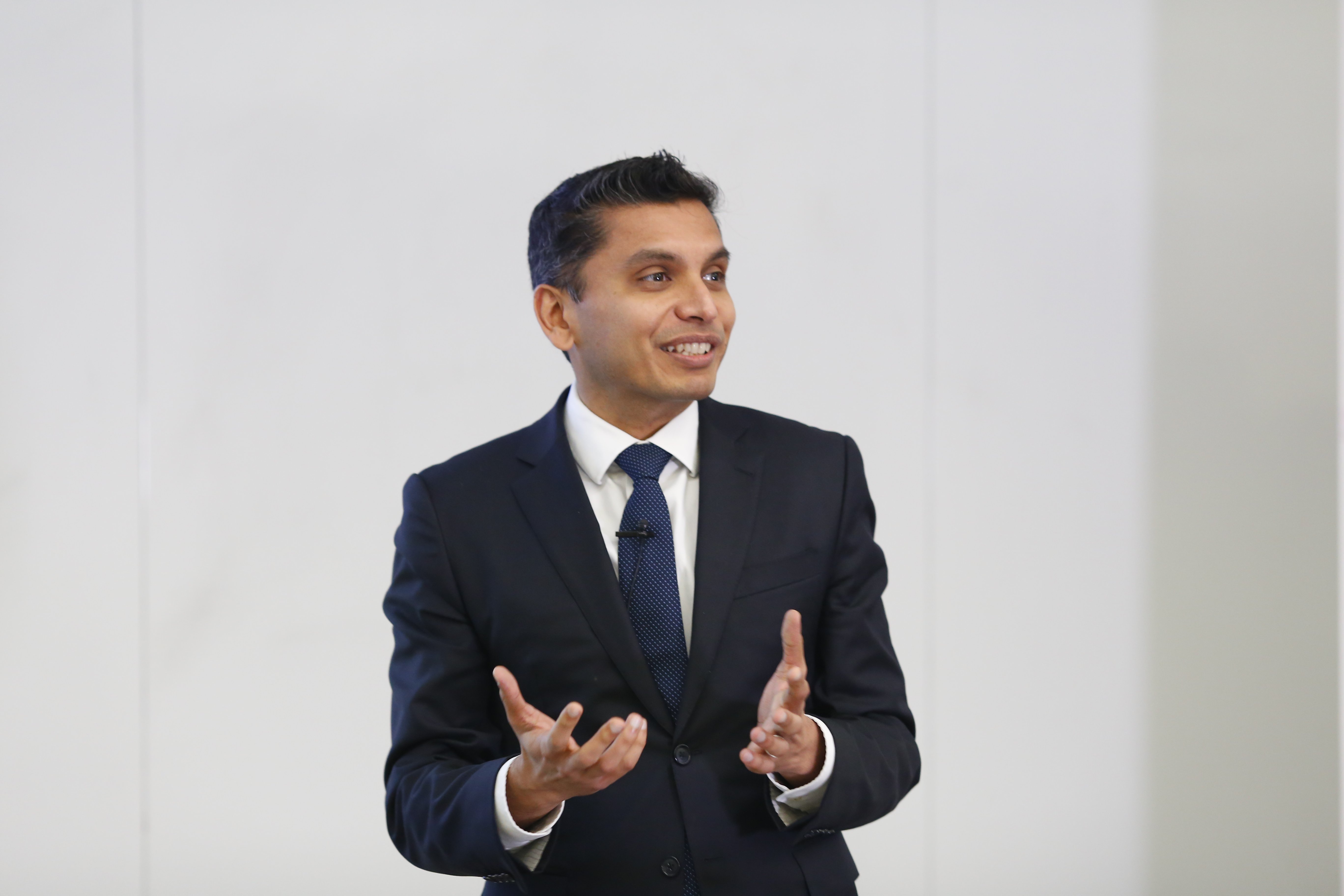Karthik Ramanna wins HBR McKinsey Award

The climate crisis is one of the major issues of our time, and companies are now under considerable pressure to track and reduce their carbon output. Although many organisations are now tracking their greenhouse gas (GHG) emissions, a large chunk of them are not being accurately reported due to difficulties measuring Scope 3 emissions, including indirect emissions produced by, for example, third party suppliers, which the company does not have direct control over.
Ramanna and Kaplan have recently won the 63rd Annual HBR McKinsey Award in recognition of their crucial article ‘Accounting for Climate Change’, which suggests a new solution to the problem of measuring emissions. This article proposes a more precise way of evaluating a company’s environmental impact, using blockchain technology to track emissions throughout the supply chain. The increased transparency could have a range of positive outcomes beyond allowing companies to better track their own environmental output. For example, it would enable consumers to easily see how much carbon has been produced in the manufacturing of a certain item, compare it with similar products, and be more empowered in their purchasing decisions.
" ...what Bob and I did was to design a carbon accounting system that aligns companies’ profit motives with addressing climate change. This is the sort of win-win formula that orients market forces to address the world’s biggest challenges " Professor Karthik Ramanna
The Annual HBR McKinsey Award celebrates the best Harvard Business Review article of the year, as determined by an independent panel of business and academic leaders with input from members of HBR’s Advisory Board. It is thus a huge honour to have won the award, and we offer our heartfelt congratulations to Professor Ramanna on the success of his article.
Professor Ramanna said “the existing rules of carbon accounting are well intentioned, but they rely on companies ‘doing the right thing’ when nobody’s looking. Climate change is far too urgent and existential to rely on such a hope and a prayer. So, what Bob and I did was to design a carbon accounting system that aligns companies’ profit motives with addressing climate change. This is the sort of win-win formula that orients market forces to address the world’s biggest challenges”.
Click here to read an in-depth piece on the award, and click here to read more about Professor Ramanna’s research.